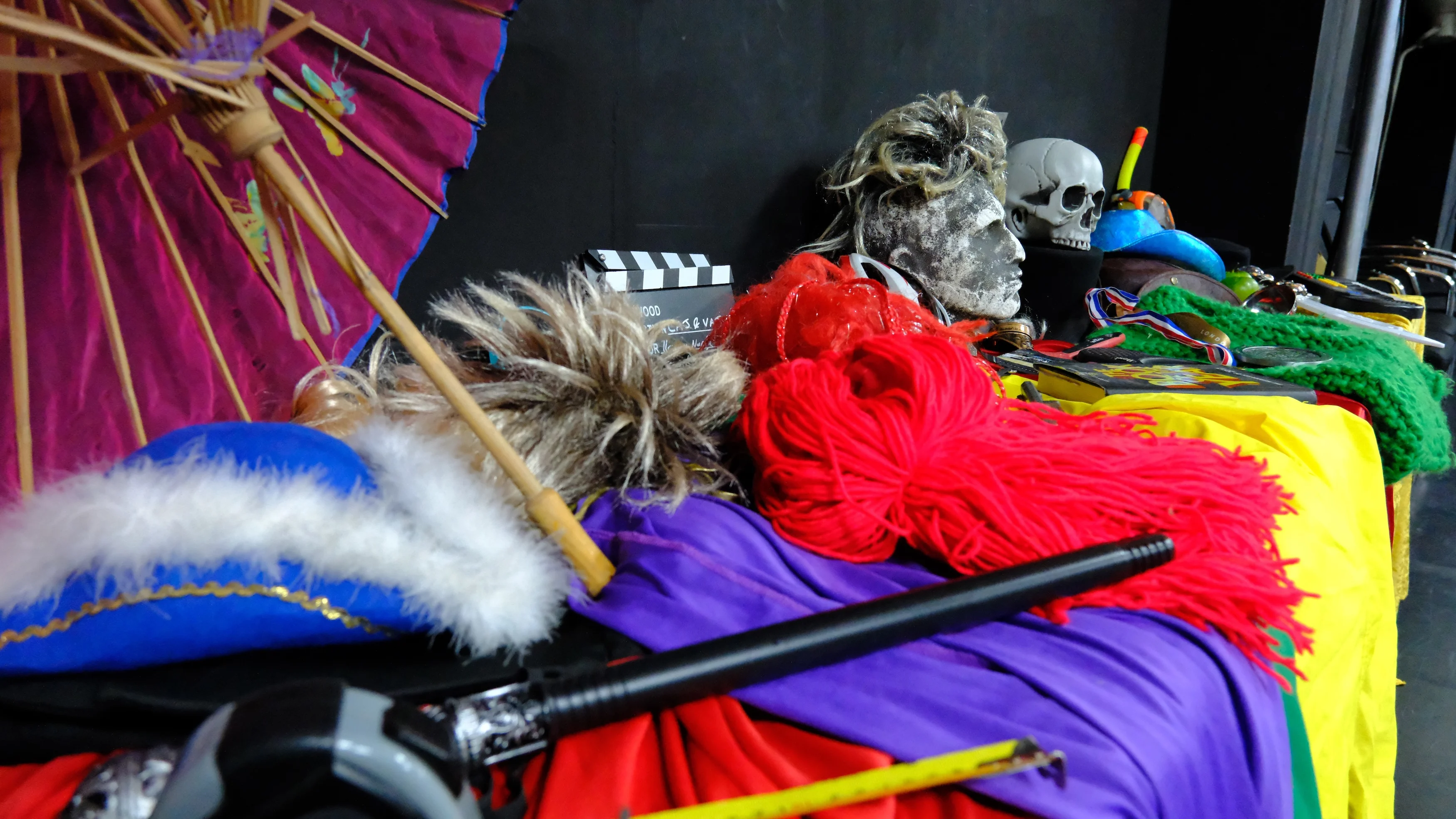
Make Friends Have Fun With Props: Play Games, Discover, Connect - Playface x The Fun Fed
Old Winchester Arms, London
Learn More

In clown, Major / Minor is about who holds the audience’s focus at any given moment.
Major: The clown in the spotlight, doing the thing the audience is watching.
Minor: The clown supporting — giving attention, reacting, and making the major look even better.
These roles switch throughout a scene. They might change slowly, or flip in an instant. But if multiple people are in major at the same time, the audience doesn’t know where to look. And if everyone’s in minor, nothing happens.
When you’re in minor, your job is to do very little and make your colleague look like a genius.
Watch them with awe, as if what they’re doing is the best thing in the world.
Encourage them (within reason, don’t pull focus) — “Do it again!” or give playful suggestions to make it bigger or better.
If they fail, let us see it. Show the disappointment or joy in that moment.
Sometimes their failure is even funnier when the supporting clowns celebrate it as if it was amazing.
Minor is not about being passive — it’s active listening, reacting, and amplifying. You can be doing very little physically, but your attention is huge.
If the clown in major is flopping — the audience isn’t laughing, or the rhythm is dropping — a clown in minor can step forward and take major. This keeps the show moving forward and stops the energy from stalling.
You’ve always got your scene partner’s back. If things aren’t going well, it’s everyone’s responsibility to help recover the moment.
When you’re in major, you have the audience’s eyes. That means:
Commit fully to what you’re doing — the supporting clowns are giving you space.
Let your success or failure land clearly so both the audience and your partners can react.
Share moments with your fellow clowns — your major is often made funnier by the way your minors react.
Major / Minor is fuelled by a deep sense of pleasure in each other’s success and failure. Even when something flops, the support and encouragement from your partners keeps the scene alive. That excitement for the next idea is part of the fun.
Remember — the clowns are there to make problems worse for each other. The trouble is the game.
Switch when it serves the scene or the joke, not just for the sake of it.
A switch can be fast — a single look — or slow, with a gradual handover of focus.
Often the audience knows a switch is happening before you do, because they’re already looking at the new major.
